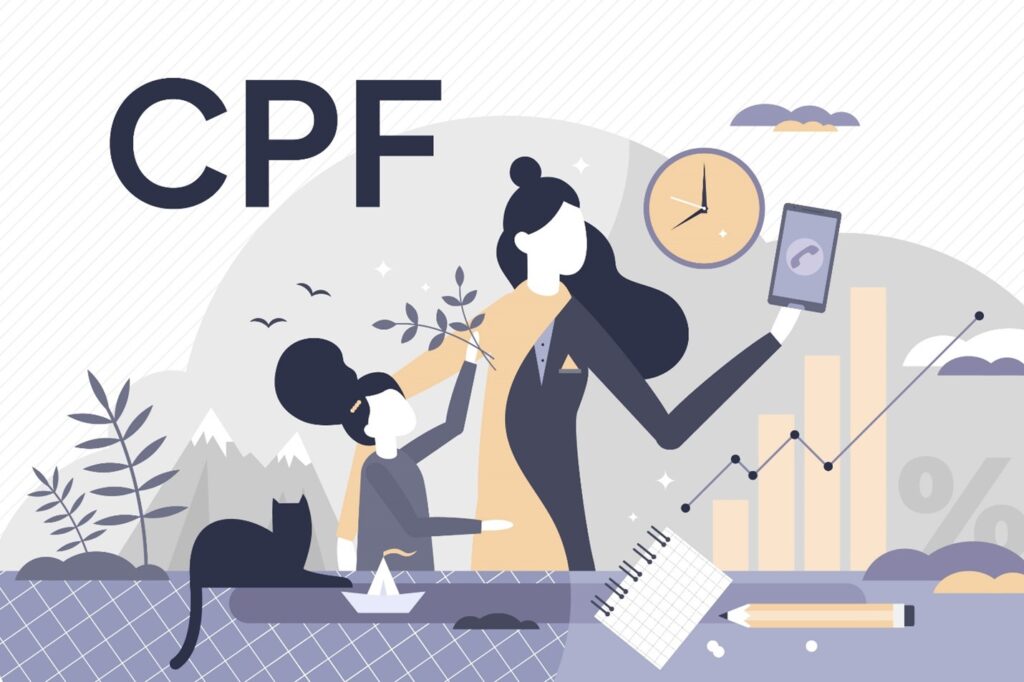SH is a high-powered Singaporean mum, currently working in business development and raising a son; but she was as surprised as she was sad when her mother passed recently, and left her a stunning sum of just over $1 million (excluding the value of her flat, by the way). Despite her mother only having Primary school qualifications, she had managed to save up more than SH ever had. Here’s her story:
A middle-class childhood despite lower income parents

SH says she never noticed it when she was younger, but her childhood involved luxuries that were implausible given her parents’ income level:
“My mum worked all sorts of odd jobs over the years. She was a cook at a preschool, a security guard, a hawker stall assistant at lau pa sat and Holland V, and many, many more jobs. I think her longest job was at a warehouse for computer parts, way back when I was still in Secondary school.
My dad ran a food stall in a Primary school when I was a kid, but he’s been a taxi driver for many years now. At the time I didn’t realise it, but I had a lot of luxuries for a kid whose parents were struggling. I had private tuition, I had a violin and personal music lessons, and my allowance was actually higher than most of my friends. I even took a taxi to and from school sometimes.”
SH says that, in hindsight, this was because her parents scrimped and saved, and devoted most of their income to her needs. SH was the only one in her family who ate out, for example, while her parents almost never dined outside of their own kitchen. In addition, most of the inheritance from SH’s grandparents were channeled toward her education – and her parents never moved or even renovated their 3-room flat in Pasir Ris.
So whilst SH grew up in what was technically a low-income household, she was shielded from the more negative experiences by parents whom she describes as “born savers.”
The power of voluntary CPF top-ups

It was only when she was in her mid-thirties, that SH got involved in her late mother’s finances. Or rather, she tried to get involved:
“I told her to invest her money, based on advice from my then-partner, and the finance books I was reading. But she was very risk-averse, because my late grandpa had lost a lot of money during the Asian financial crisis. So she always insisted on just putting her money into her CPF; the only time she asked me for help was when she wanted to do it online.
I didn’t really have an idea of how much she was putting in, but it turns out it was a lot. By the time I was 22 I was working, so she could stop giving me an allowance. And from that point on, I guess she must have put practically every cent into her CPF. She only kept money for temple donations and her own food.”
Meanwhile, SH says her late mother probably didn’t need to retain savings, as they had agreed her father would maintain savings for the household. SH notes that her father is equally disciplined:
“He’s not really a people person, so maybe that works in his favour sometimes. He doesn’t like to hang out with friends and drink or anything. If you invite him to go shopping he’ll tell you: ‘Singapore got what to buy?’ And if you invite him out to eat, he’ll tell you he doesn’t like eating outside of his own home.”
In a way, a strange dislike of eating out may have contributed to the high savings

SH notes that this tendency – a dislike of eating outside the confines of home – may have inadvertently contributed to her parents’ high savings rate.
“I was actually so worried I even asked a doctor once. My mum refused to eat out, because she was very paranoid about whether the utensils were clean. On the few occasions we had to, even during my wedding, she brought her own utensils from home; it was so embarrassing.
And my dad just doesn’t eat if he’s in the coffee shop or restaurant. He’ll only drink hot water, and maybe nibble here and there if you really pressure him. So between the two of them, there was $0 spent on eating out, for most of their lives.
I’ve calculated that I blow about $400 to $500 a month on eating out, which I guess is why I’ve never managed to save as well as them. I don’t think it’s a healthy psychological thing, but in this case, it had the side-effect of really helping them to save.”
Only one insurance product, and almost zero financial education

While we don’t advocate refusing to meet your financial advisor (you do need to know what’s going on), SH says her mother never even knew who the last one was:
“The person handling her insurance changed a few times over the years, as she initially bought it from her own sister – but my auntie stopped being an insurance agent by the time went to Poly. After that, she always got calls and messages from someone taking over, but she ignored them all.
I suppose we’re lucky she had a good policy; I never found out the details, but she faithfully paid into it, without thinking about it, for years and years. When she passed on the payout, coupled with the CPF savings, was just over $1 million. And this was without the value of the flat, which we’re not selling as dad is still staying there – but I can tell you she paid almost as much for it as my dad.
So this really makes her a figure of admiration for me. She had no education, barely ever talked to a financial advisor, had never even heard the word ‘stocks’ in her life, but she managed to leave more than I can ever imagine making in my lifetime.”
SH does wish her mother had been more open to other financial products, as it’s quite likely that – given her disciplined and high savings rate – the end amount could have been much higher than $1 million. But it is, nonetheless, a phenomenal achievement for a lower-wage earner, without even a fixed salary.
The main takeaway? It’s fine if you’re not a brilliant investor, but you do need to be a good saver

We tend to imagine the road to retirement, or a big legacy, as rocket-science level maths: the impression is that, to reach even single-digit millionaire status, you practically have to be a quant on Wall Street these days.
But SH’s mum proves otherwise: you don’t have to dabble in more complex products, or have huge money-making ideas, to do surprisingly well. It just comes down to being able to retain wealth.
Being able to make money, and being able to keep it, are different skills – and between the two, the latter is both harder, and more consistently rewarding. SH says that:
“Thanks to my mum as a role model, I tend to focus more on developing good budgeting and savings habits, than on those investment seminars or side-hustles. It’s quite reassuring to know that, even if you don’t have the time to dedicate yourself to finance, you can still make it by following basic rules of prudence.”
For more stories of single digit millionaire experiences, or help with surviving Singapore’s pricey environment, follow us on Single Digit Millionaire.










